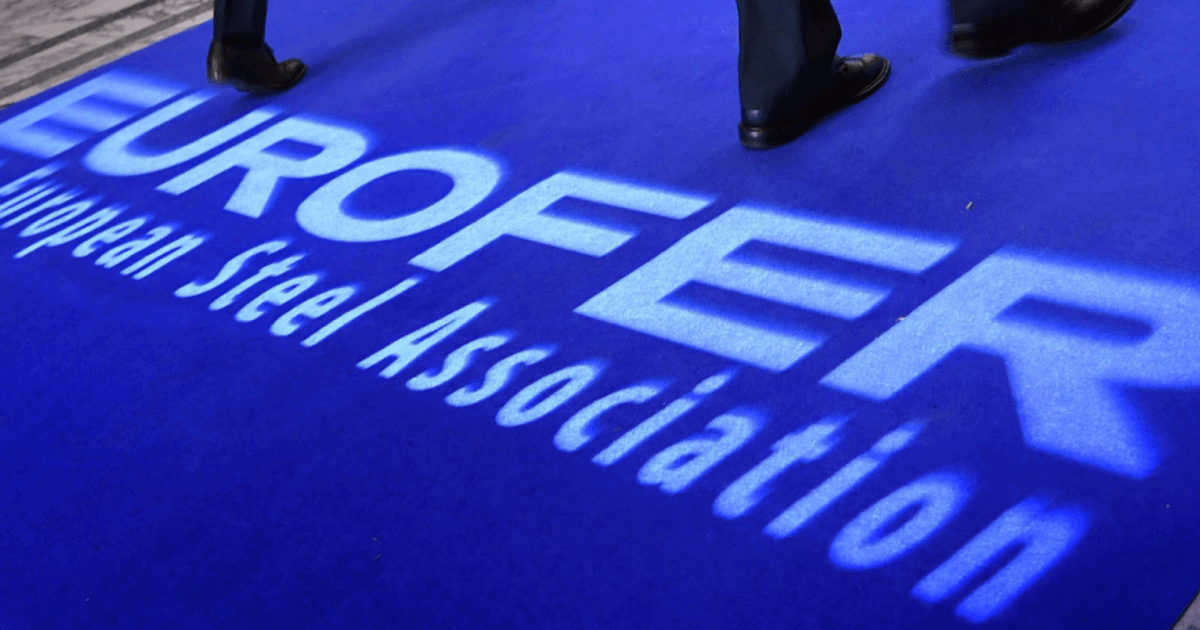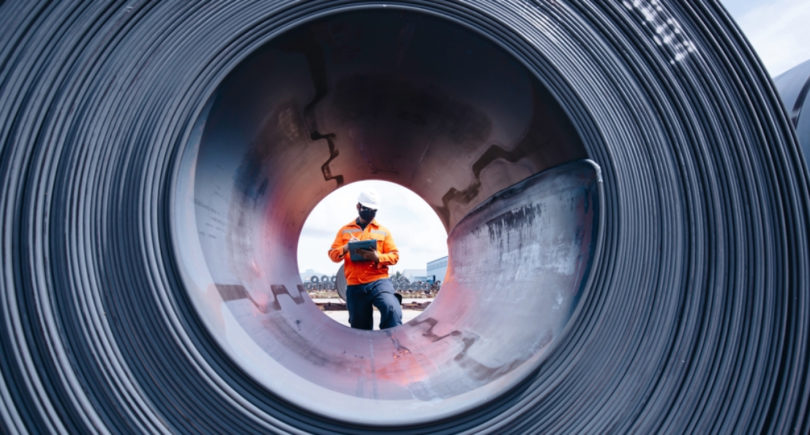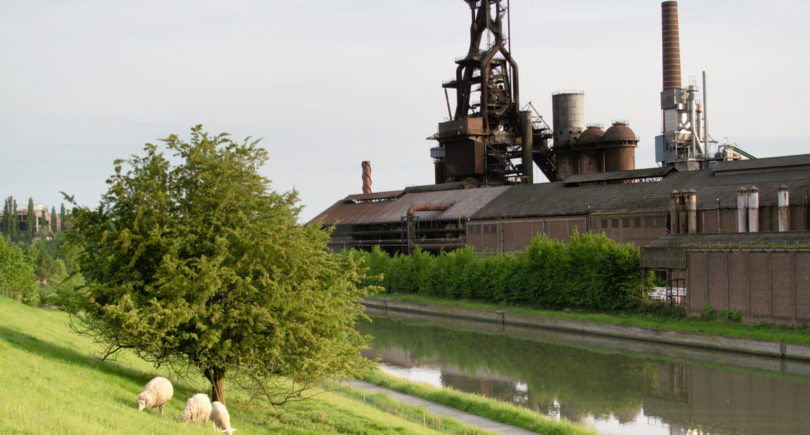
News Global Market EU 1490 12 February 2024
This is a step to further solve the problem of global overcapacity
The launch of the review of safeguard measures on steel products announced by the European Commission is an important step towards addressing the problem of overcapacity in the global steel market, which poses risks to the sustainability of the European steel industry. This is stated in a statement by the European Steel Association (EUROFER).
«The conditions for initiating such a procedure are undeniable. The US Section 232 tariffs are still in place, while we see protectionist measures spreading to other markets and overcapacity growing around the world. All of this poses significant challenges for European steel producers,» said Axel Eggert, CEO of EUROFER.
According to him, China is now very close to the level of mass exports of a decade ago, and the current global overcapacity has reached 600 million tons, and another 150 million will be commissioned over the next three years.
According to the association, the unprecedented expansion of Chinese steel capacity over the past two decades has led to a deep imbalance in global steel markets.
EUROFER recalled that the first time the consequences of this were deeply felt during the steel crisis of 2015-2016. At that time, domestic demand for steel stagnated in China, which led to a significant increase in exports from this country, totaling about 100 million tons. Currently, data indicate that the same scenario could potentially recur – in 2023, steel exports from China reached 94 million tons.
The situation is complicated by the fact that new dynamics of excess steel capacity are emerging regionally, in particular in Southeast Asia (ASEAN countries, India), the Middle East and North Africa. This is changing the structure of trade. Traditional exporting countries are being squeezed out and face reduced export opportunities and more closed markets, forcing them to look for alternatives.
As a result, the association explained, the EU has become the main target for trade reorientation.
Axel Eggert noted that safeguard measures are a legitimate and indispensable tool to stabilize the EU steel market and ensure the sustainability of the European steel industry, which is on the path to decarbonization.
“Large-scale, market-disrupting surges in imports from third countries, mostly with little or no climate ambition, further jeopardize the transition period. We expect that the Commission will carefully assess the global situation and take the necessary measures to protect European steel production,» he concluded.
As GMK Center reported earlier, the EU safeguard measures on certain steel products, which were due to expire in mid-2024, will be reviewed for possible extension. The new investigation was initiated at the request of 14 member states of the bloc due to the influx of carbon-intensive imports that threaten the sustainability of the European steel industry.



